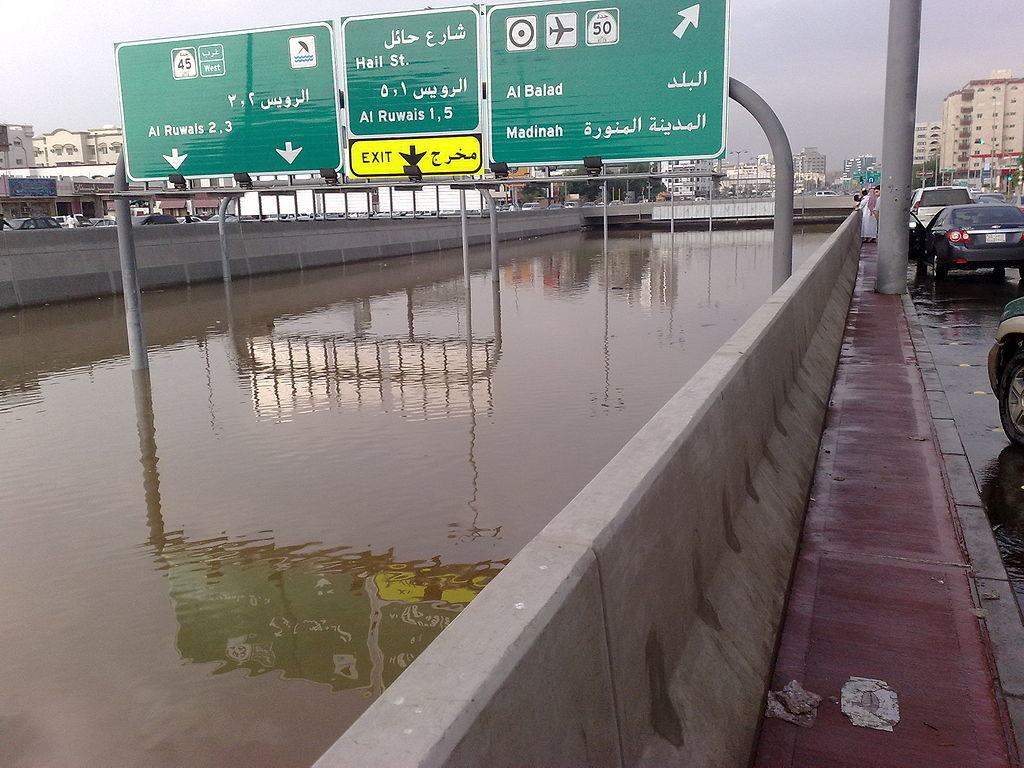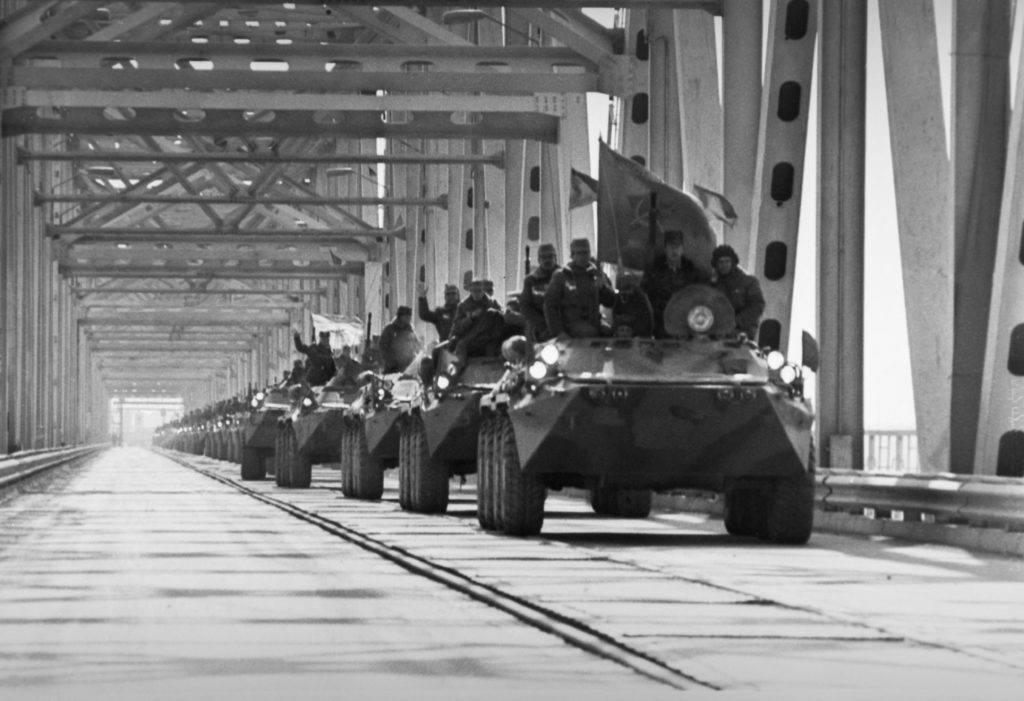Where we are now
MbS is a self-styled technocratic reformer, keen to diversify the Kingdom away from hydrocarbons, and towards what is outlined in a revamped McKinsey report called ‘Saudi Vision 2030.’ One chronic problem is a bloated public sector in which people are paid for doing nothing. MbS’s aim is to create private sector work for the many idle young Saudi hands, in finance, entertainment, tourism and so on, while reducing the 11 million strong army of expats and dependents.
Other issues are the absence of working women (they need male chaperones) and an acute lack of affordable housing, which since marriage depends on a home, means many frustrated young males without partners.6
It is amazing to see what a couple of £800,000 supplements of PR guff can buy by way of coverage in the opinion pages.
-
At the same time, MbS wants to undermine the social power of the joyless Wahhabi clergy and the ubiquitous Muttaween religious police who serve the Committee for the Promotion of Virtue and Suppression of Vice.
Although MbS has struck at a few freelance Islamist clerics with huge Twitter followings, he has not laid a glove on the Establishment whose stipends his regime pays, and nor has he curtailed the money spent globally propagating Wahhabism. Has he rescinded school textbooks which advocate killing apostates and ‘sorcerors’, or a jihad against all infidels? Has he told the clergy to desist from calling the oppressed Saudi Shia in the oil rich Eastern Province ‘heretical snakes’ and the like? Of course not. What his calls for a ‘moderate’ Islam mean are actually an apolitical version under a revamped authoritarian monarchy for MbS says nothing about representation and consent.7
Instead, MbS’s latest (preposterous) gambit is to entice foreign investors to help him fund a $500 billion high tech city called NEOM on the Gulf of Aqaba, that sum being significantly more than the Kingdom’s annual budget or its foreign currency reserves. Since he does not like much of conservative small town Saudi Arabia, MbS’s aim seems to be to build himself another version more to his tastes, where young people can drink cocktails and wear bikinis while designing software. Half the ‘population’ will be robots. Western tourists will be able to visit pre-Islamic pagan sites. One wonders how the Wahhabis will regard that?8
As MbS prepares to take over when his father Salman abdicates, he has one further trick up his sleeve, which we have witnessed in recent weeks. Though he does not shrink from the luxuries of life – in 2015 MbS paid £453 million to a Russian vodka oligarch for his super yacht Serene after spotting it in the Med – he has decided to copy Xi Jinping’s autocratic playbook with an anti-corruption campaign.9
Conveniently this has struck down various potential rivals, who found their bank accounts blocked along with their private jets held at Jeddah and Riyadh airports. They are currently sleeping on mattresses locked in the ball-room of the Riyadh Ritz Carlton, where a couple of weeks ago thousands of investors were gathered to put money into NEOM. Another potential rival died in a helicopter crash near the Yemeni border.
MbS’s aim seems to be to build himself another version more to his tastes, where young people can drink cocktails and wear bikinis while designing software.
-
Even the loftiest visions can hit obstacles, as indeed the Serene did when symbolically it ran aground on rocks in 2017 off Sharm al Sheikh after navigational errors.10
MbS had to dip heavily into royal coffers when public sector employees objected to downsizing this summer. The Saudi economy is flat-lining and bond auctions are filling gaps in public finances. MbS’s foolish war in Yemen is costing $58 million a week, with no signs of progress, and the Qataris are resisting Saudi attempts to isolate and depose their ruler for supporting Hamas and the Muslim Brotherhood. The Emir of Qatar is under Russian, as well as Iranian, Turkish and US protection. The Saudi proxy war against Assad in Syria has been a disaster too, and now the prime minister of Lebanon, a Saudi puppet, has joined the president of Yemen in exile in Riyadh, as the Kingdom intensifies hostilities on the Lebanese front of its struggle with Iran. Riyadh has also been meddling in Iraq and Kurdistan too.
By contrast, the more sophisticated Iranians are on the advance at all points of the compass, notwithstanding MbS’s ludicrous claims that all Islamist terrorism can be parked at Tehran’s door since 1979.
So far the self-styled ‘Prince of Youth’ relies on the fact that he is popular among younger Saudis who yearn for change. For sure they do, if you ask them about attending cinemas, football matches and rock concerts. But then ask them if they would be relaxed about a stranger dating their sister, and a certain froideur ensues.11
It is relatively easy to adopt the external trappings of western modernity, like the soulless architecture of Saudi cities, but far harder to adopt the West’s liberated spirit.
Having made many enemies in his precipitate rise to the top, MbS may find that a war with the descendants of Ibn ‘Abd al-Wahhab is a step too far, even for such a Promethean figure as him. Another kind of war, with Iran, would be a disaster for all of us.

 Main Edition
Main Edition US
US FR
FR








Join the discussion
Join like minded readers that support our journalism by becoming a paid subscriber
To join the discussion in the comments, become a paid subscriber.
Join like minded readers that support our journalism, read unlimited articles and enjoy other subscriber-only benefits.
Subscribe